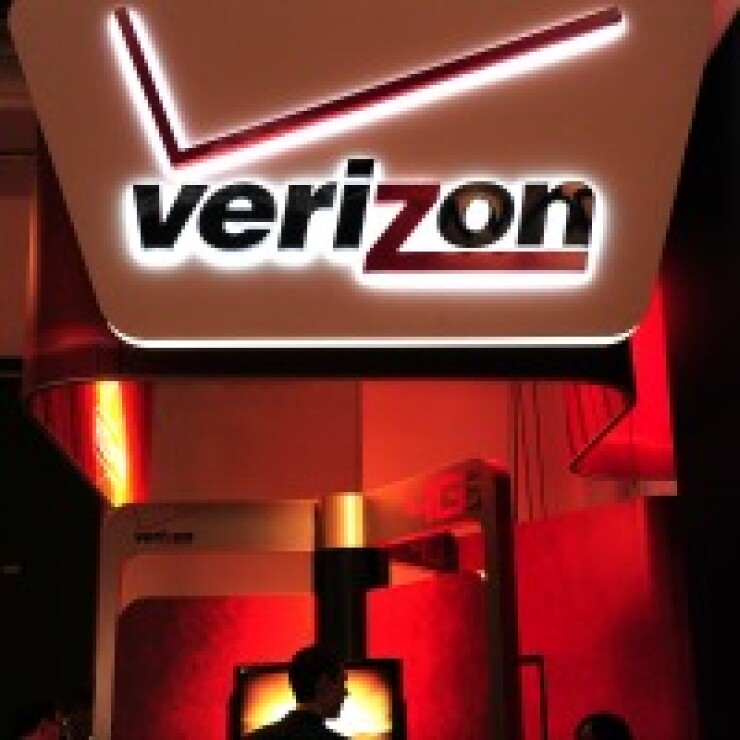Verizon Wireless is marketing its ninth overall (and third public) securitization of device payment plan contracts included in a $1.22 billion transaction.
The capital structure for Verizon Owner Trust 2019-B includes a $1 billion Class A notes offering with preliminary triple-A ratings from S&P Global Ratings and Moody’s Investors Service. The Class A notes are split between fixed- and floating-rate tranches.
The Class A notes benefit from 21.25% credit enhancement (similar to recent Verizon ABS deals) that includes an initial 10.5% overcollateralization during the deal's two-year revolving period (with a target of 14.5%), a 1% non-declining reserve fund, and Class B/C subordination.
The securitized portfolio amount of the contracts is $2.15 billion across approximately 3.27 million agreements. Verizon’s total portfolio of DPP agreements being serviced was $18.9 billion, as of March 31.
Moody’s expected cumulative net loss for the transaction is 4.5%. S&P estimates losses at 3.8%.

Verizon is the only U.S. carrier that markets bonds that are paid through the monthly receivables of device financing contracts it supplies to its wireless customers. Verizon, which has a 42% market share in the U.S. cellular postpaid market, has securitized DPPs since 2016.
The contracts are short duration, with average remaining terms of 21 months; 47.8% are eligible for device upgrades, in which the contract would receive an accelerated payoff. Over 94% of the devices are smart phones, with average monthly payments of $35.61, with an average remaining loan size of $656.58, according to the presale reports.
Nearly 61% of the contracts are with consumers who have been Verizon customers for five years or longer.
The weighted average FICO is 706, consistent with prior Verizon offerings, although Verizon only uses external credit agency reports to underwrite new customers. Existing customers who have been with the company more than 210 days are scored using internal and proprietary scoring data.
Delinquencies over 60 days were only 0.9% in the first quarter of 2019, in line with the low default rates Verizon experiences. Wireless consumers traditionally have strong incentives to stay current, given they can lose service coverage on the devices on their account by defaulting on the DPP agreement.





